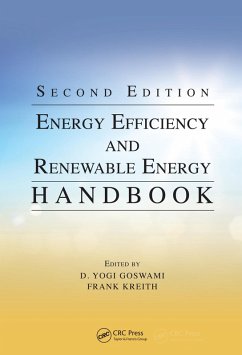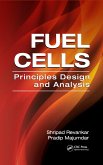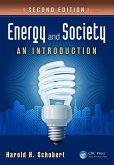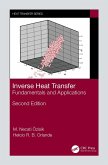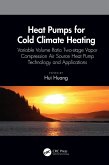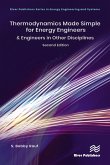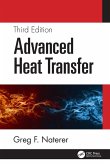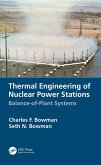This book has been a bestselling reference in its first edition; the new second edition represents a thorough updating of the contents to reflect the major trends and technologies in energy engineering. There is added coverage of nuclear energy and its place in energy systems, a chapter on natural gas, and extensive coverage of energy storage for various types of energy generation and a new section on sustainability management. Existing chapters have been updated, and the newest data is supplied for reference.
Dieser Download kann aus rechtlichen Gründen nur mit Rechnungsadresse in A, B, BG, CY, CZ, D, DK, EW, E, FIN, F, GR, HR, H, IRL, I, LT, L, LR, M, NL, PL, P, R, S, SLO, SK ausgeliefert werden.

